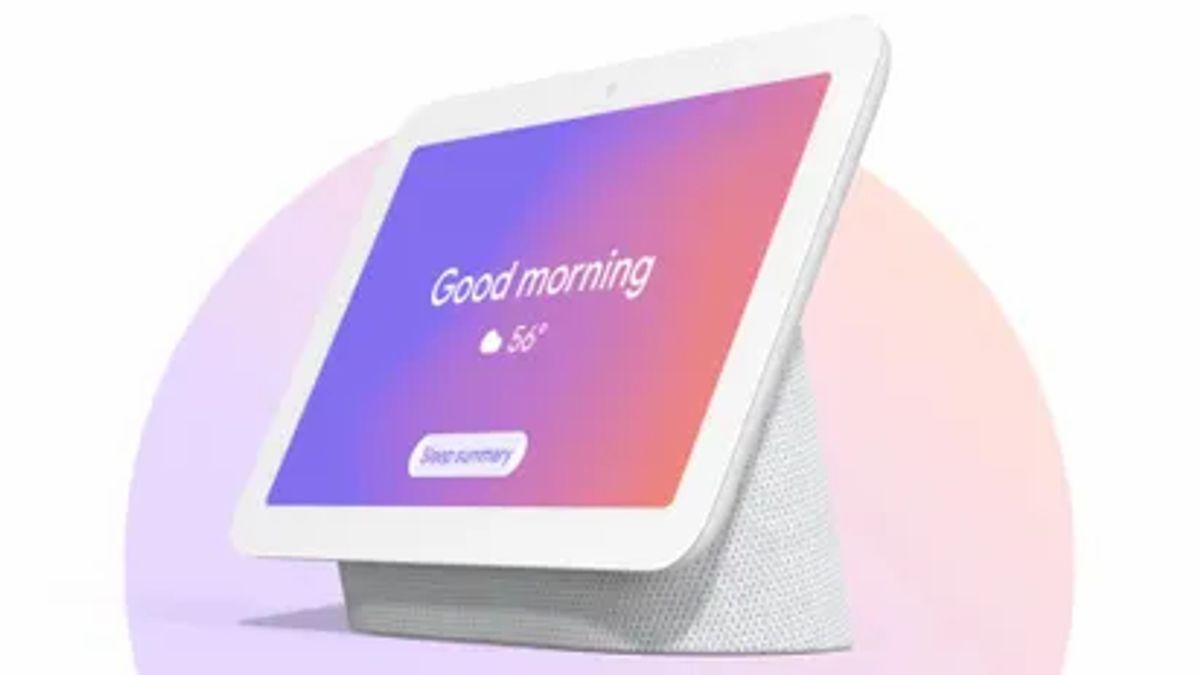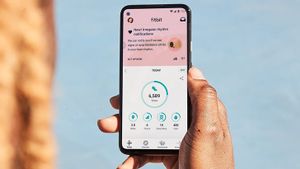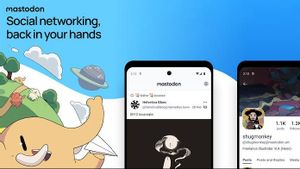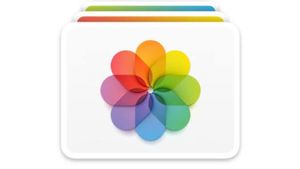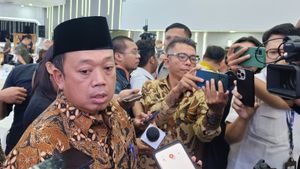JAKARTA - Google announced that it will extend the free trial period of the Sleep Sensing feature on the Nest Hub 2nd Gen until 2024.
The Nest Hub 2nd Gen itself is a device equipped with Google assistant to give you assistance in any room in the house with a single glance.
Initially, Google offered a free trial of Sleep Sensing until 2022 and planned to push it to a paid service via Fitbit Premium in 2023, but that ultimately dropped.
Though Google said Nest Hub's Sleep Sensing would fall under the paid Fitbit Premium umbrella in 2023, they've pushed back the timeline to 2024, giving users a full year to test the feature. https://t.co/wpeST41UCF pic.twitter.com/z6orN7PfXP
— Chrome Unboxed (@chromeunboxed) December 26, 2022
It's not clear why Google extended the trial period, but it seems like a pretty happy decision.
You can still use fairly accurate sleep tracking now until 2023. Perhaps by extending the trial period, Google hopes that a lot of people will like it more and eventually decide to pay for it later if it's useful to them.
The Sleep Sensing feature on Google Nest Hub can help you get a better night's rest and improve your overall health.
This feature will track your sleep, measure your breathing and detect what could be bothering you at night, such as coughing or snoring.
When Sleep Sensing knows your sleep patterns, you will receive personalized data as well as useful tips to improve your sleep quality.
SEE ALSO:
Google confirms that Sleep Sensing is not intended to diagnose, cure, mitigate, prevent, or treat any disease or condition. So, if you have a complaint, you should immediately see an expert.
"Sleep Sensing is available in preview at no additional cost until 2023. In 2024, Google plans to integrate Sleep Sensing into Fitbit Premium (currently $9.99 or IDR 156.000 per month).
Unfortunately, Sleep Sensing is not currently available in all languages or countries. In Asia-Pacific itself, this feature is only available in Singapore, India, Korea, Taiwan, Japan, Australia and New Zealand.
The English, Chinese, Japanese, Arabic, and French versions are automatically generated by the AI. So there may still be inaccuracies in translating, please always see Indonesian as our main language. (system supported by DigitalSiber.id)
